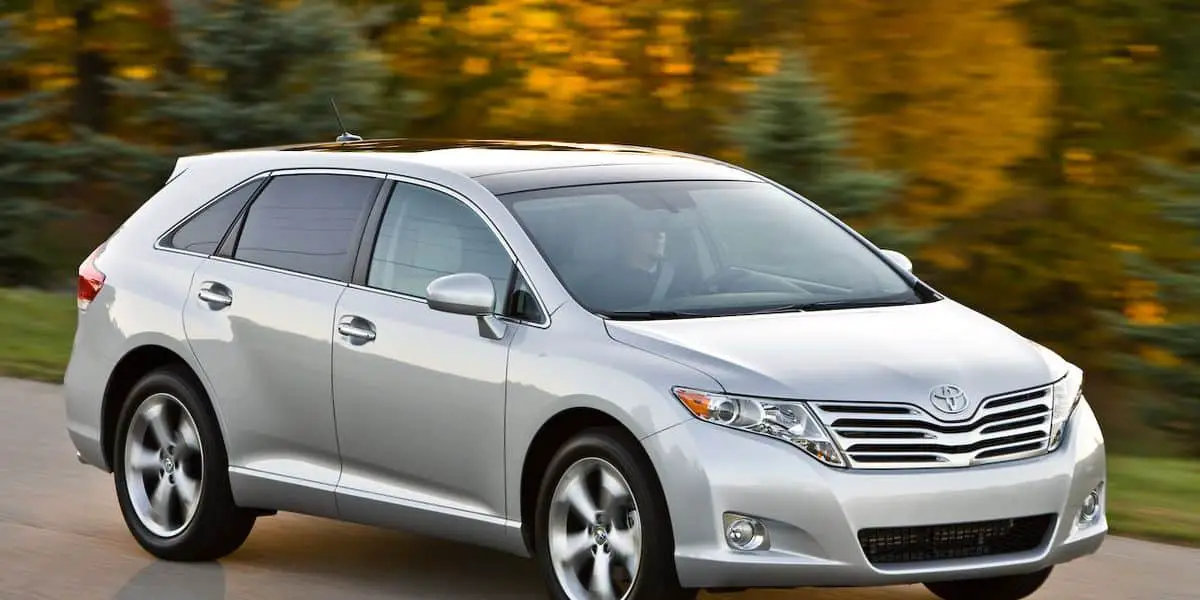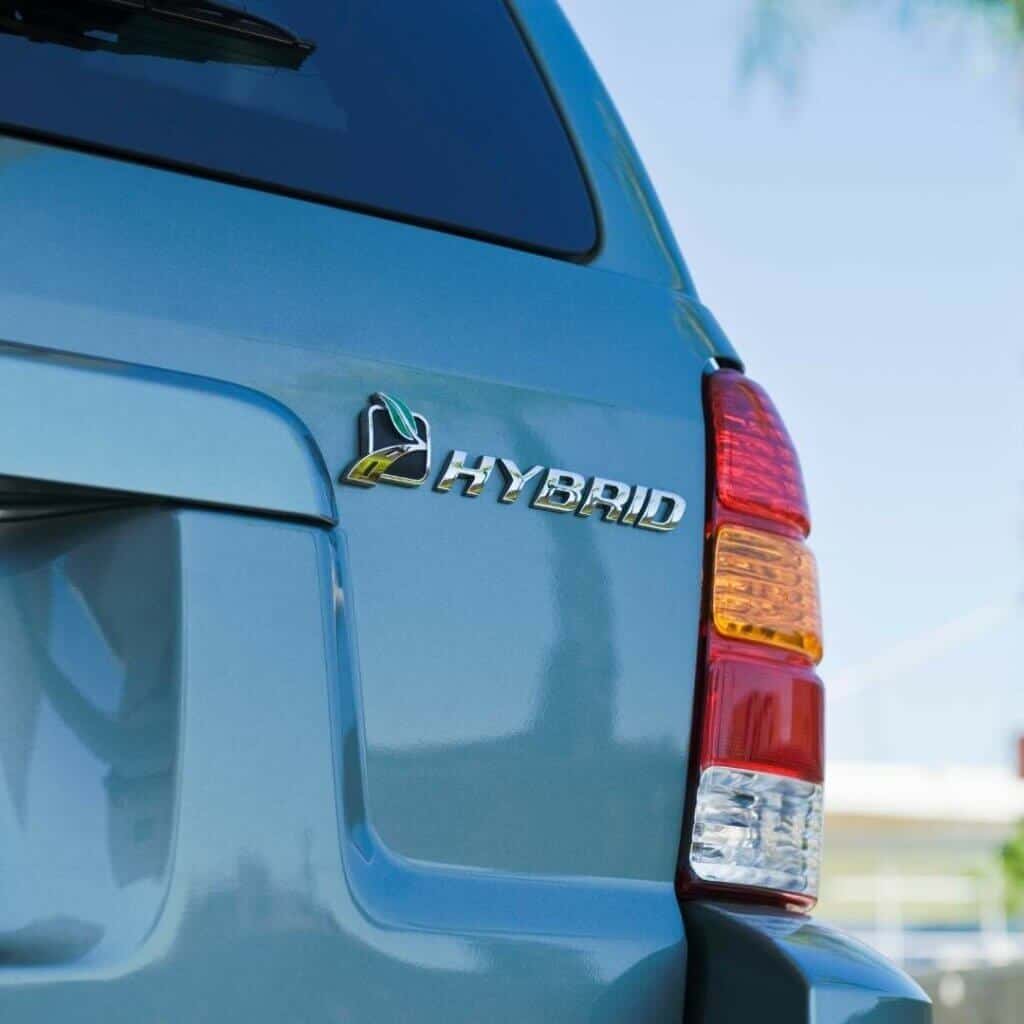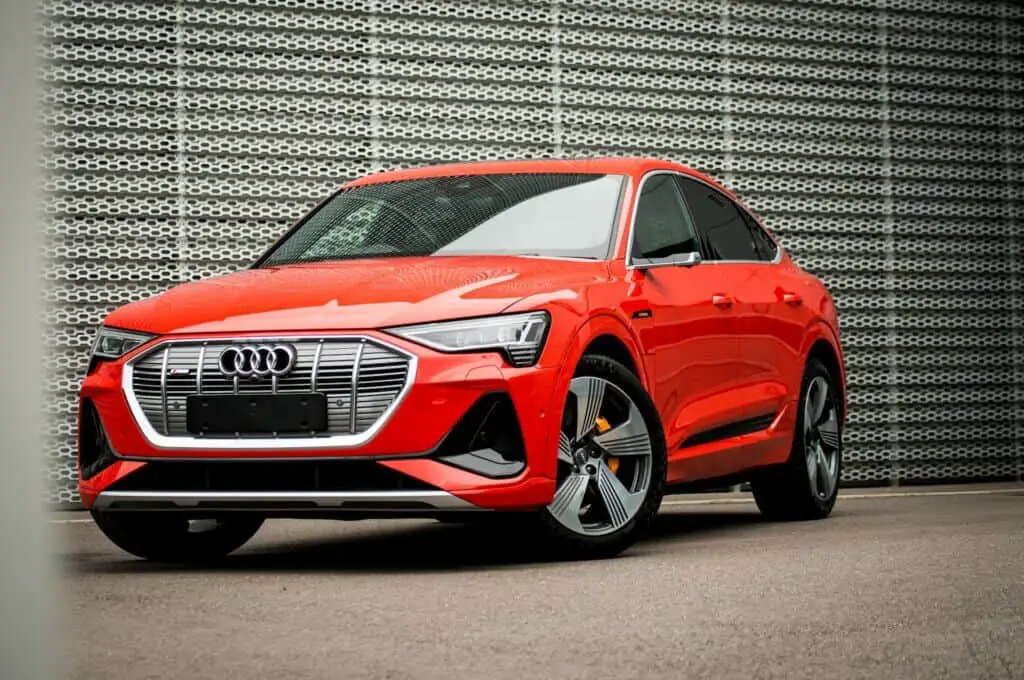Are you familiar with Toyota Venza ‘s problems?
Toyota Venza is a five-passenger mid-size crossover SUV that debuted in 2008. With a larger cabin and advanced features, Toyota Venza was aimed at bridging the gap between the Toyota Highlander and the Toyota RAV4.
The Venza is offered exclusively as a hybrid with a 2.5-liter four-cylinder gas engine and three electric motors producing 219 horsepower. The car also boasts a 6-speaker audio system, Apple Car Play, Android Auto, and an 8-inch touchscreen display, which make up its impressive infotainment system.
The Toyota Venza has had several issues over the years in spite of its popularity. The issues will be highlighted in this article.
Some of the most common issues include windshield cracking and visibility, transmission, engine, steering, and electrical problems. These issues can be frustrating for drivers.
Most Prevalent Toyota Venza Issues

- Windshield Cracking and Visibility Problems
Since its launch, many complaints have been made about visibility and wiper issues with Toyota Venza. All the complaints refer to windshield cracking. Some Venza owners report hearing a stone hit their windscreen, while others claim the cracks appear to form on their own.
While each situation tells a different story, the ultimate scenario is the same; the windshield is cracked. And because obstructed visibility is a significant hazard, it is a problem that cannot be ignored. Windshield cracking can be attributed to several possible reasons [1].
The most common cause of windshield cracking is impact damage, such as rocks or other road debris. Extreme temperature changes, such as rapid heating or cooling, can cause a windshield to crack or chip. Other times it may be as a result of the poor quality windshield.
Poor quality glass or faulty installation can sometimes cause windshield visibility issues. If your Toyota Venza’s wiper blades are worn or damaged, they can scratch the windshield and reduce visibility [2]. To keep wiper blades in good working order, they must be replaced regularly.
- Transmission Issues
Transmission problems are among the most common issues reported by Toyota Venza owners. This is especially true for the first-generation Venza produced between 2008 and 2015. The transmission warning light indicates that your Toyota Venza is experiencing transmission issues.
Some reported issues include shifting delays, grinding when accelerating, a shaky feeling, whistling noises, a burning smell coming from under the hood, and complete transmission failure [3].
Transmission fluid leaks are also another problem experienced by car users. Although uncommon, leaks could indicate a problem with your transmission hose.
Various factors such as low transmission fluid levels, faulty solenoids, and worn-out clutches, can cause these issues. With a low fluid level, the transmission may be unable to shift correctly, resulting in slippage or hesitation. The solenoids control fluid flow through the system, and if they fail, shifting issues arise.
Worn-out clutches, clogged filters, and faulty torque converter cause the inability to properly grip the gears, resulting in slip and difficulty in shifting when engaging a gear. In some instances, the transmission generates more heat than usual, causing damage to other transmission components.
- Engine Trouble
Another common problem reported by Toyota Venza owners is engine trouble. Issues reported are excessive oil consumption, engine misfires and stalling, and loss of power. These problems might be the result of faulty sensors, worn-out spark plugs, and dirty air filters [4].
One of the main reasons for engine failure is inadequate engine maintenance. Regular maintenance is essential for running an engine smoothly. Failure to change the oil, replace the air filter, and perform other routine maintenance tasks can cause engine damage and eventual failure.
An engine misfire is caused by one or more cylinders in the engine failing to properly ignite the air-fuel mixture. This can result in a rough idle, stuttering, and loss of power [5].
Some Toyota Venza models have been reported to consume excessive amounts of oil. If the issue is not addressed immediately, it might result in engine damage.
Several 2009-2011 Toyota Venza models were recalled due to a faulty VVT-i oil line causing engine failure. Also, some Toyota Venza models have reported water pump failures, which can lead to overheating and engine damage if not addressed.
- Electrical Problems
Toyota Venza owners reported issues like trouble starting the vehicle, issues with power windows, locks, mirrors, dim headlights, dead battery, and issues with the radio and navigation system.
These problems might be caused by corroded or damaged wiring, blown fuses, battery problems, alternator failure, and sensor failure, among other electrical issues. Unfortunately, some electrical problems might cause other system malfunctions and engine failures.
- Suspension and Steering Issues
Toyota Venza owners have also reported suspension issues. A bumpy ride, steering problems, and uneven tire wear are among the issues that have been reported. These issues are caused by worn-out shocks or struts, sway bar link failure, damaged ball joints, and other suspension system issues.
Failure of shock absorbers and struts is a common problem that can result in a bouncy or unstable ride. It might also result in tire wear [6]. Sway bar links connect the sway bar to the suspension system. When these fail, a knocking noise and poor handling will result.
Ball joint wear occurs when the joints connecting the suspension control arms to the steering knuckles wear out. When they wear down, they make a clunking noise and provide poor steering response. Over time, the control arm bushings can wear out, resulting in a loose or unstable ride.
Some Toyota Venza owners have reported trouble with the steering system. The most common complaint is a clunking noise when turning the steering wheel, which worn-out steering components or a faulty power steering pump can cause.
- Air Conditioning Problems
Weak airflow, warm air blowing from the vents, and a strange odor coming from the vents are among the air conditioning problems reported.
Many factors can contribute to these problems, including low or overcharged refrigerant, compressor malfunction, clogged cabin air filter, dirty condenser or evaporator coils, and a dirty or sluggish blower motor.
The lack of refrigerant in the system will cause the AC to blow hot air in Venza. This can occur due to a leak or if the AC has not been recharged in a long time.
If the AC system in Toyota Venza is overcharged with refrigerant, it will only blow warm air producing a similar effect as that of low refrigerant levels. An overcharged system reduces cooling performance and can damage the compressor and cause a significant leak.
Other common causes are a dirty filter, evaporator, or condenser. Failure of these components weakens the overall ventilation of the interior, resulting in decreased cooling and airflow. It also places undue strain on the entire AC system, negatively impacting fuel consumption. [7]
Read Also: Toyota Fielder Problems
Fixing Toyota Venza Problems
Many of the issues Toyota Venza owners have reported can be avoided with regular maintenance and servicing. Maintenance includes oil changes, fluid changes, and regular inspections.
This will ensure all car parts are functioning effectively. In some cases, replacing or repairing the damaged components may be necessary.
Toyota has issued recalls related to Toyota Venza issues. For example, in 2014, a recall was associated with a possible problem with the airbag system. In 2015, a recall related to a problem with the brake booster pump assembly [8].
Read Also: Toyota Aqua Hybrid Problems
Final Word
The Toyota Venza is a standard and reliable SUV with its share of problems. But with regular maintenance, many of the Toyota Venza problems are manageable. However, if they occur, replacing or repairing all affected components is necessary to increase car durability and stability.
Generally, if you’re interested in purchasing a Toyota Venza, you should be aware of the potential issues and take measures to prevent them. Regular maintenance and timely repairs can keep your Toyota Venza running smoothly and save money on future repairs.
It’s also critical to stay informed about any recalls affecting your vehicle and address any problems immediately. Despite the numerous issues, Toyota Venza owners enjoy their cars, particularly the spacious interiors, comfortable experience, advanced features, and fuel economy.
Read Next: Toyota Harrier Hybrid Problems




